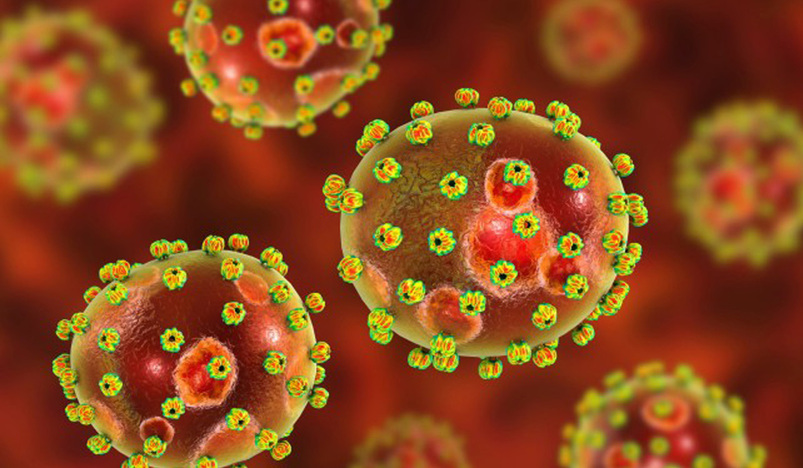
Lassa Fever is spread by rats and can cause serious illness (Picture: Shutterstock / Kateryna Kon)
Two people in England have been diagnosed with Lassa Fever, a rare Ebola-like virus that is spread via rat faeces.
A third probable case connected to the same family is being investigated in the East of England, health officials said.
They are the first confirmed cases of the serious disease in the country in more than a decade and there have been only eight in total since 1980.
The UK Health Security Agency, which is in charge of investigating the outbreak, stressed that human-to-human transmission is rare and most people make a full recovery.
It is believed the cases are all within the same family who recently returned from West Africa, where the virus is endemic.
One of the patients has already recovered while the other is being transferred to the Royal Free Hospital in London for specialist care.
The third probable case is being treated at the Bedfordshire Hospitals NHS Foundation Trust.
The agency described Lassa fever as an ‘acute viral haemorrhagic illness caused by Lassa virus’.
It said people usually become infected through exposure to food or household items contaminated with urine or faeces of infected rats. The virus can also be spread through infected bodily fluids.
Dr Susan Hopkins, Chief Medical Advisor at UKHSA said: ‘We can confirm that two cases of Lassa fever have been identified in England, and a further probable case is under investigation. The cases are within the same family and are linked to recent travel to West Africa.
‘Cases of Lassa fever are rare in the UK and it does not spread easily between people. The overall risk to the public is very low. We are contacting the individuals who have had close contact with the cases prior to confirmation of their infection, to provide appropriate assessment, support and advice.
‘UKHSA and the NHS have well established and robust infection control procedures for dealing with cases of imported infectious disease and these will be reinforced.’
.jpg)
Qatar Secures Place Among the World's Top 10 Wealthiest Nations
.jpg)
Hamad International Airport Witnesses Record Increase in Passenger Traffic

Saudi Arabia: Any visa holder can now perform Umrah

What are Qatar's Labour Laws on Annual Leave?
Leave a comment